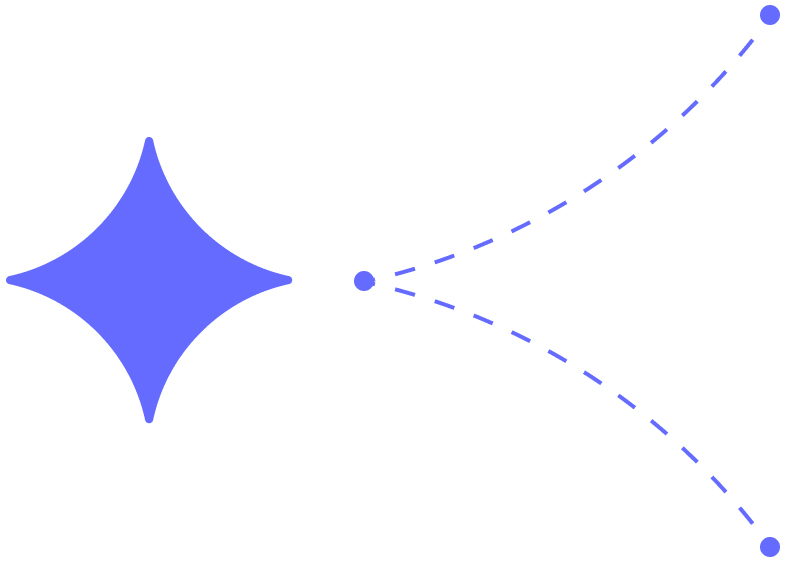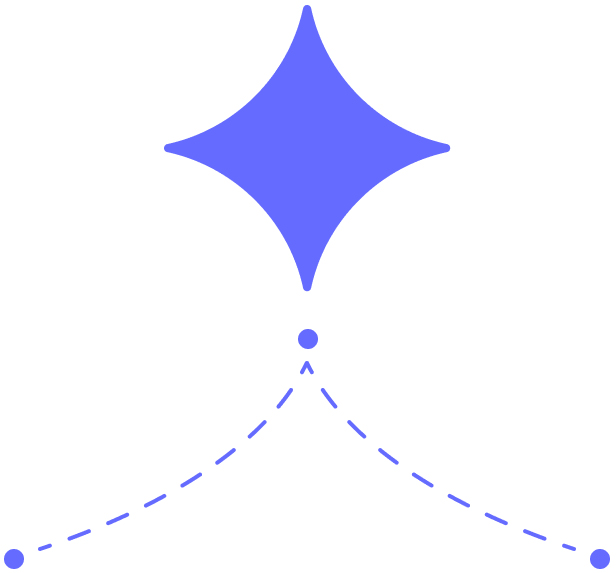Organisational effectiveness is about matching people's hidden potential with their opportunities
TTI's data-driven methodology is used by 300 of the world's 500 leading companies.

TTI's data-driven methodology is used by 300 of the world's 500 leading companies.

The security of organisational effectiveness based on informed decisions.
20 years of experience has taught us that that measuring the performance of one and the same person in two different positions can yield results like chalk and cheese. The relationship between people and performance within an organisation can be modelled using highly complex system with multiple variables. Our work provides corporate decision-makers with a detailed view of their associates' strengths, map of motivations, team compatibility or even their hidden potential.
Few decision-makers would say no to having acumen within the organisation. Peerformance's complex, data-driven analyses provide our clients with a vantage point offering a clear view of the actions needed to maximise effectiveness in their organisation. We provide analyses and assessments to support both tactical and strategic decisions, so that short and long-term effectiveness can be developed in parallel.
The functioning of HR and the effectiveness of the organisation go hand in hand, which is why it is a problem when the most important decisions are not kept in focus because of administration and day-to-day management needs. Our internationally accredited training provides corporate HR professionals with a toolkit that allows them to make more effective, data-driven decisions with less time and energy. Whether it's selecting new managers or building a work team that works in perfect harmony.
Staff turnover, generation gaps, demotivated employees. Peerformance diagnoses, interprets and thus makes visible the non-obvious, so that organisational development can follow a conscious strategy instead of ad hoc changes. Focal points are generated through a complex evaluation of individual and group surveys. We then provide support to our clients to implement them until the goal is achieved.
At Peerformance, we use high-prestige talent management tools designed to highlight individual talents so that no one has to swim against the tide. In addition to personal career counselling, we are also happy to apply these tools with corporate clients seeking to secure the future of their company with innovative young talents or leaders with above-average awareness.
We hardly ever meet a decision-maker who sees no room for improving organisational efficiency. But it is not always easy to grasp what changes are needed to achieve the desired goal. Peerformance helps leaders who have an open mind about acquiring data driven knowledge of the dynamics of their organization as well as the individual abilities and compatibility of the people working for it.

The ability to excel is a gift for all, if we know how to unleash it.


